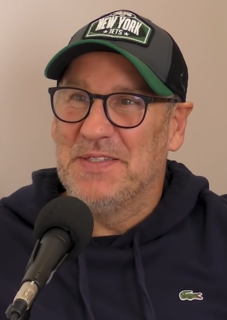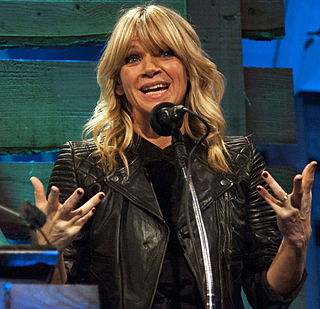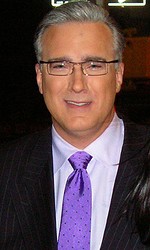A Quote by Paul Merson
I have an illness. I have a mental illness. I've accepted that now. Before, I used to beat myself up all the time, but the more you talk about it, the more it takes the power out of it.
Related Quotes
The very term ['mental disease'] is nonsensical, a semantic mistake. The two words cannot go together except metaphorically; you can no more have a mental 'disease' than you can have a purple idea or a wise space". Similarly, there can no more be a "mental illness" than there can be a "moral illness." The words "mental" and "illness" do not go together logically. Mental "illness" does not exist, and neither does mental "health." These terms indicate only approval or disapproval of some aspect of a person's mentality (thinking, emotions, or behavior).
Before you can kill a demon, you have to be able to say it's name. Names have power. While the word Alzheimer's terrorizes us, it has power over us. When we are prepared to discuss it aloud, we might have power over it. It's thought of as a mental illness and it is a physical illness, affecting the brain. There should be no shame in having it, yet people still don't talk about it
Often, when you're growing up, you don't know what's wrong. We don't talk openly enough about mental illness. How do you know - especially today with the incredibly high stress teens are put under during high school - if you have depression or if you have a mental illness or if you have anxiety? You don't know, because you've never seen it.
When I talk to the National Alliance on Mental Illness (NAMI) and other patient support groups, I take questions at the end. At one talk I was asked, "What's the difference between yourself and someone without mental illness?". At another talk I was asked, "How do you make the voices be not so mean?". I wish I knew.
When you have mental illness you don't have a plaster or a cast or a crutch, that let everyone know that you have the illness, so people expect the same of you as from anyone else and when you are different they give you a hard time and they think you're being difficult or they think you're being a pain in the ass and they're horrible to you. You spend your life in Ireland trying to hide that you have a mental illness.































